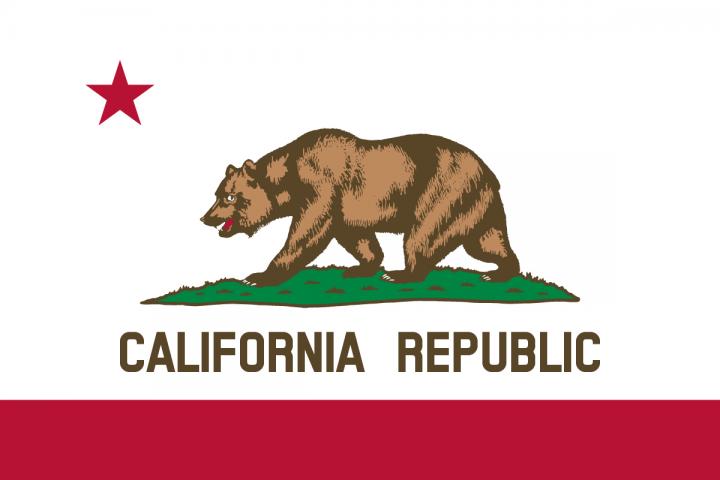On Thursday, September 21, the Hindu American Foundation amended its complaint in federal court against the California Civil Rights Department.
The complaint states that the Civil Rights Department has violated several Constitutional rights of Hindus and Indian Americans living in California due to the manner in which it pursued its case alleging caste discrimination at Cisco Systems. The amended complaint was filed after the judge granted HAF 21 days to amend its complaint to avoid dismissal.
Joining HAF as plaintiffs are several California-based HAF team members in their individual capacities, as well as long-time California resident and interfaith leader, Dilip Amin. Three individual J. Doe plaintiffs, all Indian-origin Hindu tech workers who claim direct harm by the CRD’s unconstitutional and inaccurate statements about Hinduism and Indians, have also joined the suit. And most noteworthy is the addition of plaintiffs Sundar Iyer and Ramana Kompella, the two Cisco engineers initially accused by the Civil Rights Department but who were removed from the case after allegations of misconduct on the part of the CRD were raised.
“The court asked for a level of specificity not normally required in a preliminary complaint,” said Samir Kalra, HAF’s Managing Director. “But we’re happy to have had the chance to incorporate that specificity as well as add a number of individual plaintiffs who had stepped forward with shared concerns with the CRD’s overreach since the time of our original filing.”
The amended complaint states that the Civil Rights Department has violated the Constitutional rights of Hindus in California by:
- Wrongly asserting that a caste system and caste-based discrimination are integral parts of Hindu teachings and practices by stating that a caste system is “a strict Hindu social and religious hierarchy” which mandates untouchability by “social custom and legal mandate.”
- Supporting its disfavorable view of Hinduism through its submissions and reliance and collaboration with non-Hindus and anti-Hindu activists to allege things like: “Caste…is a system of religiously codified exclusion that derives from Hindu scripture”; “Brahmins [Hindu priests], who founded India’s caste system, are at the top of the caste system and have benefited from centuries of privilege, access, and power because of it”; “Caste Apartheid is the system of religiously codified exclusion that was established in Hindu scripture. Hindu origin myths state that different people were created from different parts of God Brahma’s body and were to be ranked hierarchically according to ritual status, purity, and occupation”; or “Of the reformers of Brahmanism [Hinduism], Buddhism is seen today as the most promising for a theology of liberation for India.”
- Defining Hindu beliefs and practices, through attributing a caste identity to Indian and Hindu workers at Cisco, as well as assigning each a religious status of “higher” or “lower”.
The amended complaint reads:
“California defames Hinduism by doing what the US Constitution says it cannot, assert a government right to resolve questions of religious doctrine. Preventing the government from establishing religious doctrines or interfering in religious practices is as old a principle as the Republic itself. […] The wisdom of that principle is reinforced by the complete lack of any objective evidence, law or context in the CRD’s assertion. Caste has no legal, social, or cultural definition in the United States, and is not an observable or objectively determinable trait or characteristic. California law and regulations provide no definition or workable method to determine anyone’s caste other than its assumption that Hindus of South Asian, in particular Indian, descent must all necessarily identify as part of a specific caste and must engage in discrimination based on caste as an inherent or mandated part of their religious beliefs and practices.”






































